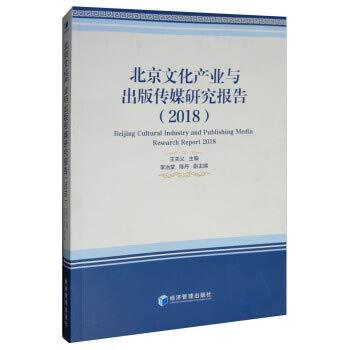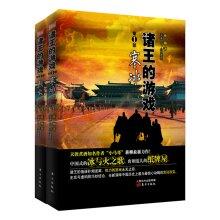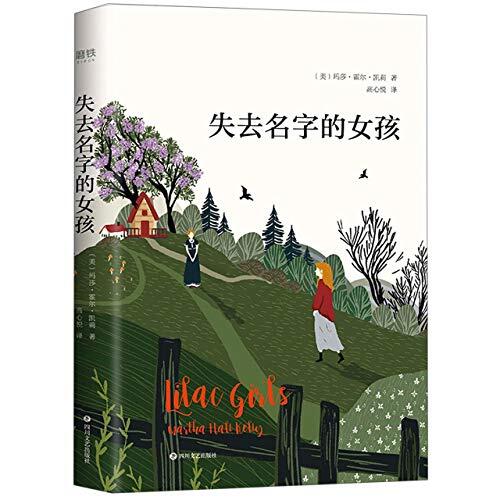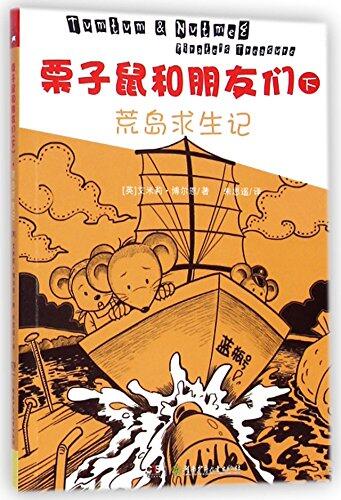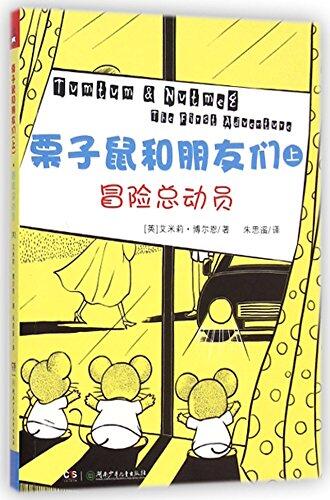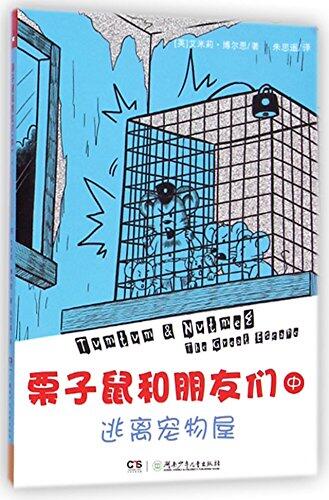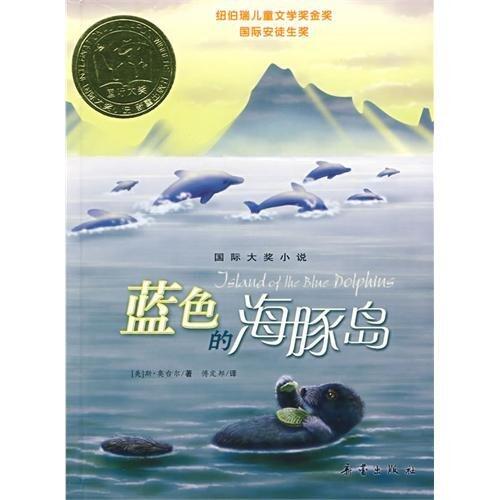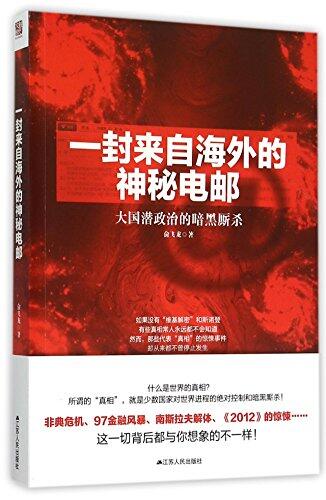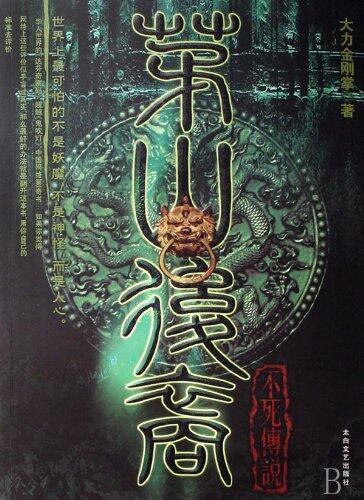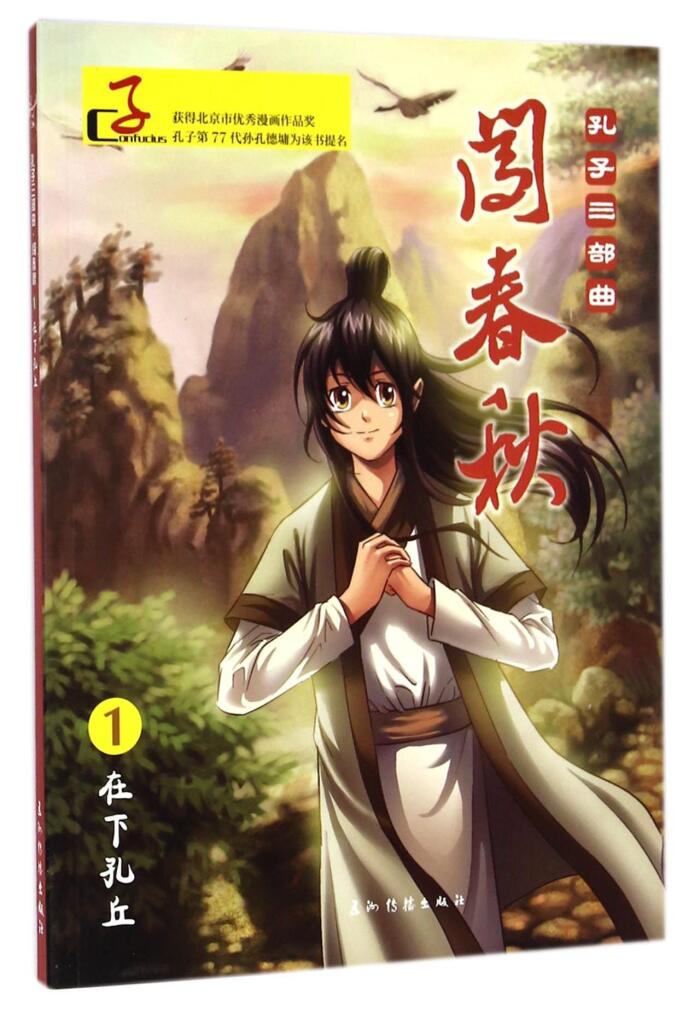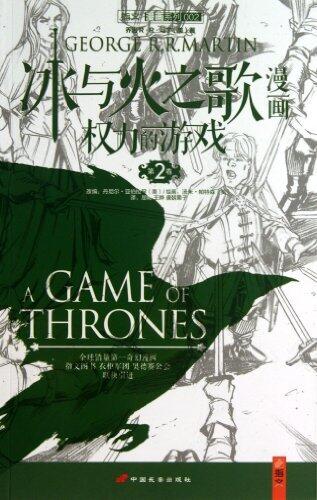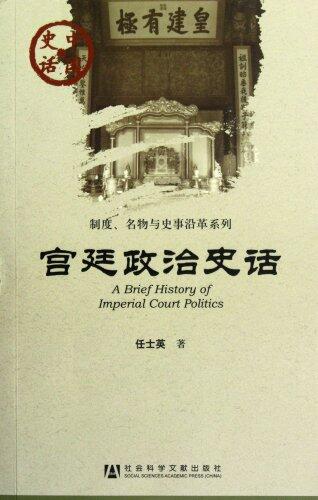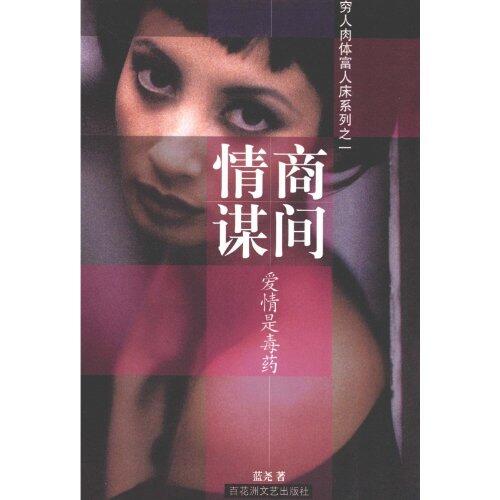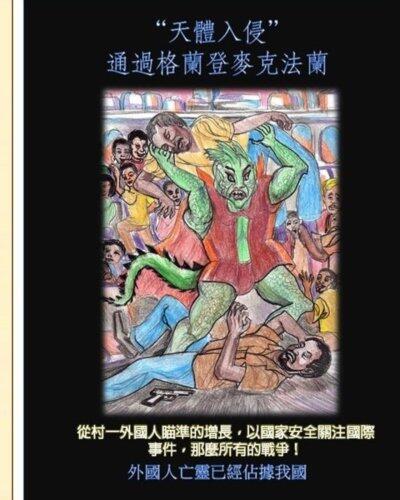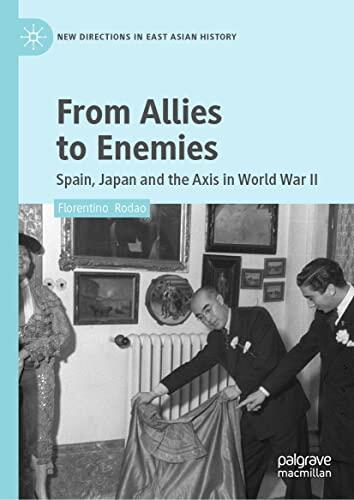
From Allies to Enemies: Spain, Japan and the Axis in World War II
によって
Florentino Rodao
まだ評価がありません
Action & Adventure
形式
キンドル
ページ数
491
言語
中国語
公開されました
Jan 1, 2023
出版社
Palgrave MacMillan
ISBN-10
9811984735
ISBN-13
9789811984730
説明
Florentino Rodao delves into the complex relationships that evolved between Spain and Japan during World War II, revealing how former allies transitioned into adversaries amidst the shifting tides of global conflict. The narrative offers a nuanced exploration of the political, economic, and social dynamics that influenced their mutual perceptions and actions leading up to and during the war.
Rodao meticulously examines the impact of Spain’s neutral stance and Japan's ambitions in Asia, emphasizing how cross-cultural exchanges and diplomatic maneuvers played pivotal roles in shaping their interactions. The author draws on a wealth of archival material, uncovering lesser-known historical events and figures that illustrate the intricate tapestry of alliances that defined this era.
Through a careful analysis of propaganda, military strategies, and the ideological undercurrents of fascism, the work ultimately portrays a dramatic shift from collaboration to rivalry. Readers are invited to reconsider the broader implications of these relationships and their lasting effects on East Asian history and international relations. With a keen eye for detail and a deep understanding of the geopolitical landscape, Rodao’s insights shed new light on a rarely examined aspect of World War II.
Rodao meticulously examines the impact of Spain’s neutral stance and Japan's ambitions in Asia, emphasizing how cross-cultural exchanges and diplomatic maneuvers played pivotal roles in shaping their interactions. The author draws on a wealth of archival material, uncovering lesser-known historical events and figures that illustrate the intricate tapestry of alliances that defined this era.
Through a careful analysis of propaganda, military strategies, and the ideological undercurrents of fascism, the work ultimately portrays a dramatic shift from collaboration to rivalry. Readers are invited to reconsider the broader implications of these relationships and their lasting effects on East Asian history and international relations. With a keen eye for detail and a deep understanding of the geopolitical landscape, Rodao’s insights shed new light on a rarely examined aspect of World War II.


